Stories
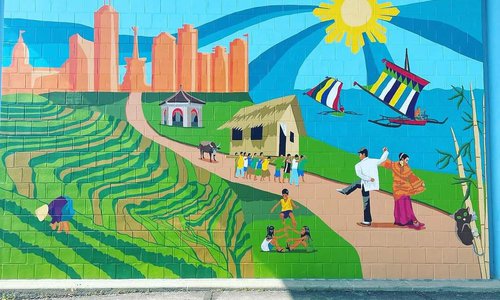
During Filipino American History Month, Reflecting on What a Cultural Center Can Mean to a Community
In this Community Wise blog, LISC Indianapolis’ Ephraim Palmero celebrates his community, and the journeys and contributions of Filipino Americans who have come before him. Community centers, he argues, like the Philippines Cultural Community Center in Indy, are invaluable spaces and resources for the members of any diaspora, and they form an intrinsic part of inclusive community development that we must support.
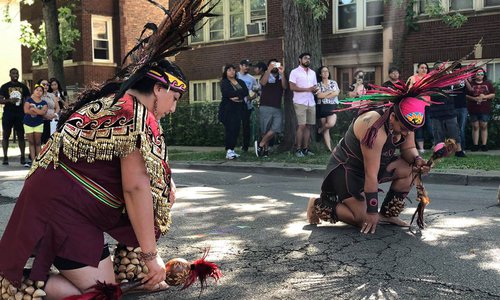
More Creative Community Development. More Powerful Art.
David Greenberg, LISC’s VP for Knowledge Management and Strategy, and author of a new essay and workbook exploring the relationships between art and community development, poses a question to our field: what happens when we dispense with our outmoded silos and allow culture-making and social activism to graft? The possibilities are limitless and liberating.
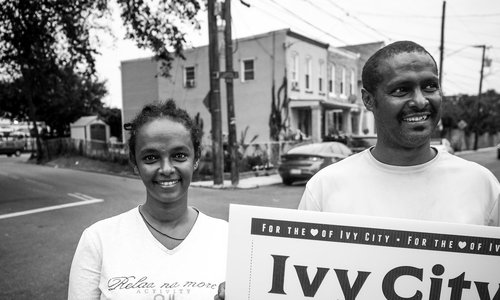
The Arts Can Transform Neighborhoods. The Trick Is Getting It Right.
In an article for Shelterforce, LISC DC’s Adam Kent and Erik Martinez Resly, co-director of The Sanctuaries arts organization, offer a nuanced assessment of the challenges and tremendous payoff of linking artists, community developers and residents to invigorate neighborhoods. “At their roots, both the arts and community development amplify a people’s voice,” write the authors. But clear communication and a willingness to embrace the perspectives of other stakeholders is key to building successful collaborations.
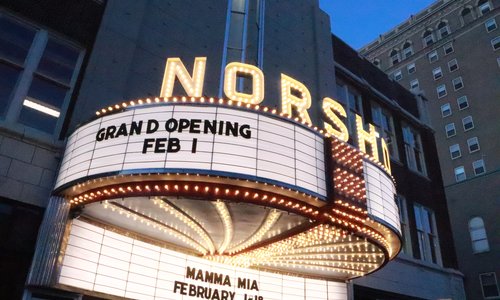
Duluth Raises the Curtain on a Dynamic New Theater
In an op-ed for the Duluth News-Tribune, LISC Duluth’s director Pam Kramer describes how the renovated NorShor Theatre, a historic Art Deco gem, will help anchor the city’s efforts to spark an arts and culture economy. A complex set of public-private partnerships brought the theater back to life, and will nurture local artists, launch arts programs and create good jobs.
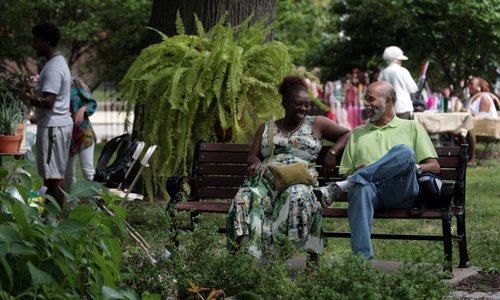
A Creative Approach to ‘Place’
In the final post of his blog series, Chris Walker, LISC’s director of research, explains how creative placemaking leverages the power of local artists, culture and history to create economic opportunity and improve their overall quality of life in urban and rural communities alike.

Without Risk, There’s No Reward. Especially in Community Development
In a blog post for Providence Business News, Jeanne Cola, director of LISC Rhode Island, stresses the role of calculated risk-taking when lending to promising community projects. It’s how LISC started—investing in people and places when no one else would—and it’s still paying off, as with the beautiful WaterFire arts center in Providence.